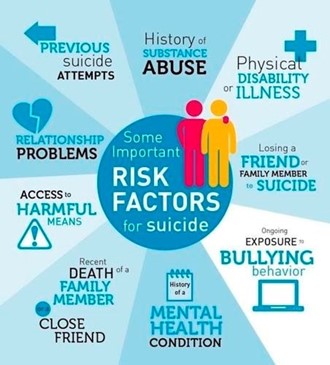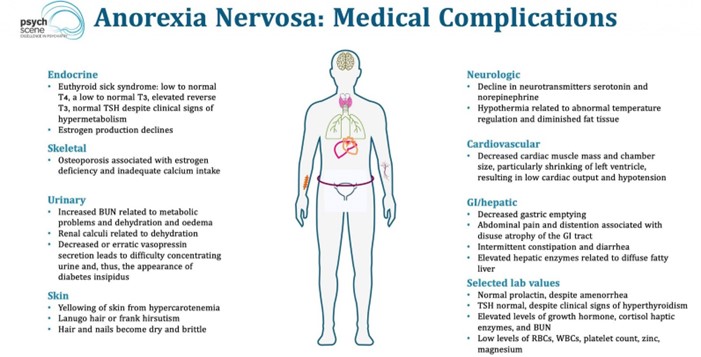A 26-month-old child displays many negative behaviors. The parent says, "My child refuses toilet training and shouts, 'No, no, no!' when given directions. What do you think is wrong?" Select the registered nurse's best reply:
Select one:
The child needs more control. You have been weak."
Some undesirable attitudes are developing at this time. A child psychologist can help you develop a remedial plan.
This is normal for your child's age. The child is striving for independence."
"There may be developmental problems. Most children are toilet trained by age 2 years and a half.
The Correct Answer is C
The child is striving for independence.” The behaviors described by the parent are typical for a child who is 26 months old. At this age, children are beginning to develop a sense of autonomy and independence, and they may resist direction and assert their own will. Toilet training can also be a challenging process for both children and parents, and it is not uncommon for children to resist or refuse toilet training at first.
Option a. “The child needs more control. You have been weak” is not a helpful response because it places blame on the parent and does not provide any useful information or guidance.
Option b. “Some undesirable attitudes are developing currently. A child psychologist can help you develop a remedial plan” may be an appropriate response if the child’s behaviors were significantly outside the norm for their age or if they were causing significant distress or disruption. However, based on the information provided by the parent, this does not appear to be the case.
Option d. “There may be developmental problems. Most children are toilet trained by age 2 years and a half” is not a helpful response because it may cause unnecessary worry or concern for the parent. While many children are toilet trained by age 2 and a half, there is a wide range of normal variation in when children achieve this milestone.
Nursing Test Bank
Naxlex Comprehensive Predictor Exams
Related Questions
Correct Answer is ["A","B","C","F","H"]
Explanation
a. Substance abuse disorder
b. Schizophrenia
c. Age greater than 55 years old
f. Male gender
h. Previous suicide attempt.
Option a. Substance abuse disorder can increase the risk of suicide because it can exacerbate underlying mental health conditions and impair judgment.
Option b. Schizophrenia is a mental health condition that can increase the risk of suicide due to symptoms such as delusions and hallucinations.
Option c. Age greater than 55 years old is a risk factor for suicide because older adults may experience social isolation, chronic health conditions, and loss of independence.
Option f. Male gender is a risk factor for suicide because men are more likely to die by suicide than women. Option h. Previous suicide attempt is a strong predictor of future suicide attempts and completed suicides. Option d. Female gender is not a known risk factor for suicide.
Option e. Being currently married is not a known risk factor for suicide. Option g. Having a bachelor’s degree is not a known risk factor for suicide.

Correct Answer is D
Explanation
Refeeding syndrome is a potentially life-threatening complication that can occur when a person with anorexia nervosa or other forms of malnutrition begins to eat again after a period of starvation. It is characterized by electrolyte imbalances and fluid shifts that can lead to cardiovascular dysfunction, including heart failure and arrhythmias. Therefore, when caring for a patient with anorexia nervosa who is being refed, it is important for the nurse to closely monitor the patient’s cardiovascular system for signs of dysfunction.
Option a. Endocrine system dysfunction can occur in patients with anorexia nervosa, but it is not typically associated with refeeding syndrome.
Option b. Respiratory system dysfunction can occur in patients with anorexia nervosa, but it is not typically associated with refeeding syndrome.
Option c. Musculoskeletal system dysfunction can occur in patients with anorexia nervosa, but it is not typically associated with refeeding syndrome.

Whether you are a student looking to ace your exams or a practicing nurse seeking to enhance your expertise , our nursing education contents will empower you with the confidence and competence to make a difference in the lives of patients and become a respected leader in the healthcare field.
Visit Naxlex, invest in your future and unlock endless possibilities with our unparalleled nursing education contents today
Report Wrong Answer on the Current Question
Do you disagree with the answer? If yes, what is your expected answer? Explain.
Kindly be descriptive with the issue you are facing.
